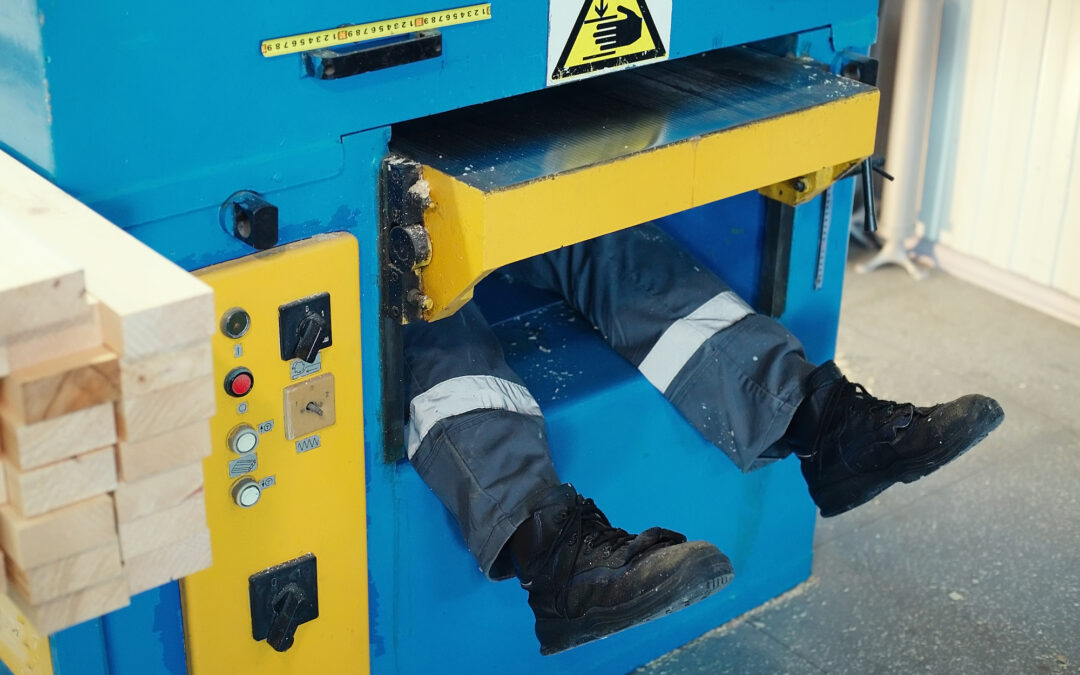When a traumatic event occurs, the expectation is that medical care response will be immediate, as the survival of a worker who has experienced a severe injury is reliant upon the company’s trauma care system.
Discussion Points:
• What is trauma?
• How do you deal with a traumatic event at work?
• What is a trauma-informed program?
• What are the four R’s of trauma-informed care?
• Have you experienced a traumatic event?
Discussion:
There’s little time to contemplate when care is to be administered for the critically injured to survive. First-rate trauma care relies on an excellent trauma care system. It requires a coordinated approach of many professionals working together to care for the injured. The trauma care system must provide immediate response and medical care at the scene of the accident, rapid transport from the scene to a qualified trauma center, and a qualified medical facility capable of delivering immediate medical care and ongoing treatment. The Substance Abuse and Mental Health Services Administration in the United States Department of Health and Human Services (SAMHSA) is a recognized authority in trauma. According to SAMHSA, “Individual trauma results from an event, series of events, or set of circumstances that is experienced by an individual as physically or emotionally harmful or life- threatening and that has lasting adverse effects on the individual’s functioning and mental, physical, social, emotional, or spiritual well-being.”
Companies should develop a customized trauma care program that focuses on the environment and their employees. SAMHSA uses the four R’s approach to describe trauma-informed care. This includes Realizing the impact of trauma, Recognizing the signs and symptoms of trauma, Responding by fully integrating knowledge about trauma into policies, procedures, and practices, and actively Resisting Re-traumatization. The American Trauma Society provides services to prevent debilitating injury and death in the workplace across the United States. Its mission is to “Save Lives, Improve Care, and Empower Survivors.” Information about the ATS and the resources they provide can be found on their website and amtrauma.org.
As always, be safe out there!


Recent Comments